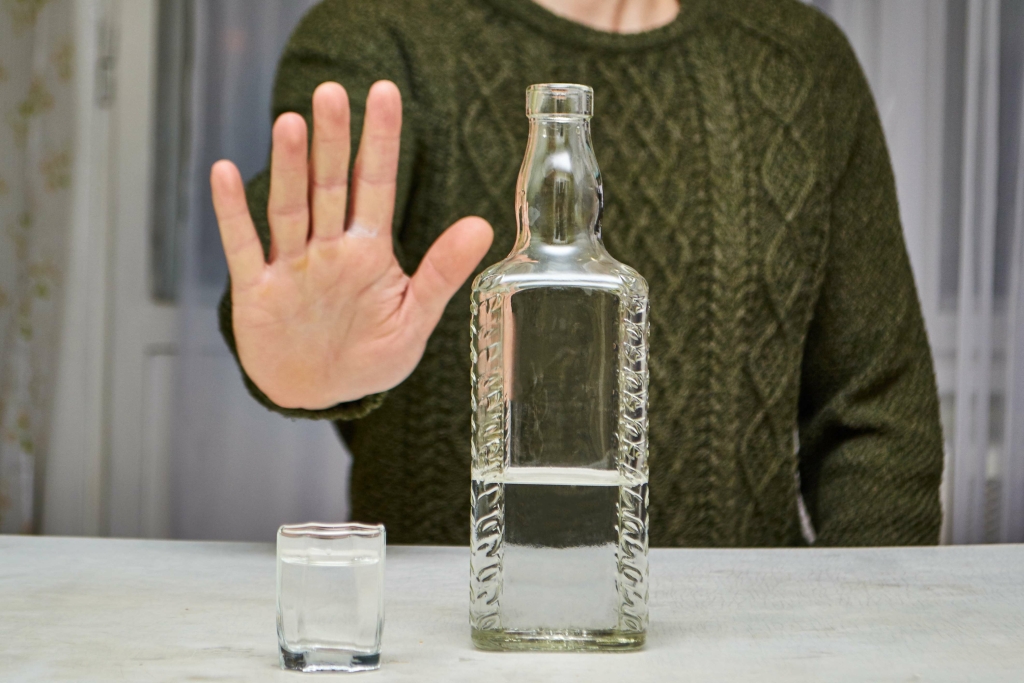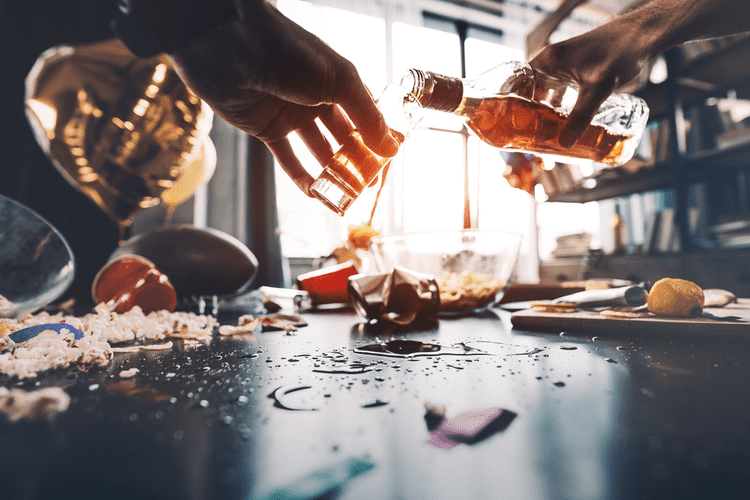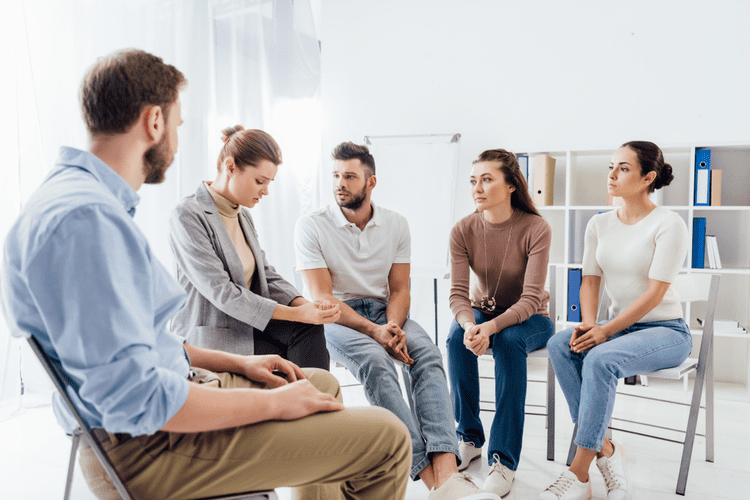According to some animal research, those who drink alcohol in their youth may be more prone to anxiety in adulthood, which might suggest a causal relationship. In many cases, it is unclear whether alcohol causes anxiety or if anxiety makes a person more likely to drink alcohol. When these symptoms become overwhelming, the person might have an alcoholic drink to try to calm down. They might also consume alcohol at the gathering to feel more relaxed or less inhibited around others. One theory of why this happens is called the „tension reduction hypothesis.“ This theory suggests that alcohol is used as a self-medicating method to reduce stress and anxiety. Alcohol-induced anxiety can last for several hours, or even for an entire day after drinking.

Defining Hangxiety and Its Symptoms

It was furthermore noteworthy that scores on a measure of the participants’ overall anxiety levels (i.e., trait anxiety) also changed significantly at 3-month follow-up. This latter finding suggests that state anxiety that occurs during early abstinence can lead respondents to consider their increased anxiety levels as more chronic than they actually are. Therefore, retrospective self-reports collected at baseline should be interpreted with caution. You can look out for signs indicating that alcohol consumption may be affecting your anxiety. These signs may include increased feelings of anxiety or depression, difficulty controlling alcohol intake, experiencing withdrawal symptoms, and using alcohol to cope with stress or emotions.
Understanding Hangxiety
Finally, the assumption that common areas of construct space exist across the disciplines of psychiatry, psychology, and neuroscience is open to debate. For example, medically oriented researchers might view subclinical negative affect as qualitatively rather than quantitatively distinct from diagnosed anxiety disorders. Similarly, it could be argued that dysregulated biological stress responses share little construct space with subjective negative affect and drinking to cope. However, as already noted, a dysregulated stress response is a known biological marker for the development of anxiety disorders and AUD, as well as for relapse. Prospective relative risk avoids problems related to retrospectively examining the order of onset.
- “Reducing alcohol consumption contributes to better physical health, which can have a positive impact on mental health, making it easier to cope with anxiety and panic,” says Oeswein.
- However, it is important to use this medication under strict medical supervision.
- Also, an 18-year followup of 80 children who had experienced severe depressive episodes earlier in life revealed no evidence of an increased risk for alcoholism during the followup period (Harrington et al. 1990).
- It’s also a diuretic, meaning it makes you pee a lot and can lead to dehydration — which can make you feel dizzy, tired and anxious.
- Instead, the results suggest that all anxiety and mood disorders contribute to general negative emotionality, which, in turn, correlates with the risk for alcohol dependence.
Why Mental Health Is Crucial in Recovery
Developing a habit of using alcohol to ease anxiety can cause you to drink more, which can turn into a destructive cycle in which higher levels of anxiety trigger more consumption, further increasing anxiety. As the alcohol is metabolized and wears off, your brain works to restore chemical balance. It lowers levels of GABA—making you feel less calm—and boosts glutamate, which increases anxiety. Acetaldehyde contributes to inflammation in the liver, https://dev.offcampusconsulting.com/2022/09/21/how-to-detox-from-alcohol-at-home-safely/ pancreas, intestinal tract, and brain, among other organs.
Alcohol is a depressant, so it can disrupt the balance of neurotransmitters in your brain, ultimately affecting how you feel, think, and behave. It also affects the part of your brain that controls inhibition, so drinking alcohol might make you feel more relaxed and less anxious. Using any substance in an attempt to self-medicate doesn’t work — at least not in the long term. However, with time and overuse, alcohol tends to exacerbate the other health problems you face and can cause new ones. You’re feeling anxious and you’ve had a hard day, so you have a drink.
Visit our contact page for more information and to schedule an appointment. Patients can expect a reduction in alcohol cravings and anxiety symptoms within a few weeks of starting treatment. Patients can expect improvements in anxiety symptoms within 2 to 4 weeks. Patients can expect improvements in anxiety symptoms within 4 to 6 weeks, with continued use leading to long-term relief. Paroxetine is often prescribed when other SSRIs are ineffective or when anxiety symptoms are more severe. Patients can expect a gradual reduction in anxiety drug addiction symptoms over 4 to 6 weeks.

For individuals struggling with both alcohol use and anxiety disorders, professional treatment that addresses both issues simultaneously is often necessary. This may involve a combination of therapy, medication, and support groups tailored to the individual’s specific needs. Recognizing when alcohol use is exacerbating anxiety is crucial for seeking appropriate help.
Hangxiety 101: Why Drinking Causes Hangover Anxiety
- If you find yourself constantly having alcohol-induced panic attacks or if you can’t control your heavy drinking, it could be a sign that you’re engaging in substance abuse.
- The whole idea behind self-medicating is using alcohol, drugs, supplements, or other substances as ‚home remedies‘ to handle health problems.
- However, with the right treatment plan, including medications, home remedies, and lifestyle changes, it is possible to manage and reduce anxiety symptoms effectively.
- A substantial number of people who have problems with alcohol also experience strong anxiety and mood problems.
Hangxiety can be a distressing experience, contributing to a cycle of increased anxiety following alcohol consumption. Heavy alcohol drinking frequently causes disruption in your sleep patterns, which can exacerbate feelings of anxiety or depression. Many people suffering from alcohol use disorder also suffer from insomnia. Alcohol impacts the balance and function of neurotransmitters in the brain. Although alcohol might offer temporary relief from the symptoms of anxiety and depression and result in a feeling of relaxation, it’s short-lived. Alcohol use disrupts the body’s normal patterns, leading to physical changes like dehydration and sleep disruptions, as well as psychological effects like social anxiety and the worsening of other mental health conditions.
How Alcohol Alters Brain Chemistry
“When a person stops drinking, they can experience alcohol withdrawal symptoms, which can include increased anxiety and panic attacks,” Oeswein says. Once the alcohol leaves your body, you might experience mood swings and more anxiety. A review in the BMJ mental health journal reports that alcohol misuse makes people more likely to develop anxiety and panic disorders.
- Trembling, or tremors, occur in 30-50% of individuals with alcohol-induced anxiety disorder.
- You can look out for signs indicating that alcohol consumption may be affecting your anxiety.
- The parallel-treatment approach requires that specific treatments for both disorders are delivered simultaneously, although not necessarily by the same provider or even in the same facility.
- After the initial treatment, ongoing support, relapse prevention strategies, and long-term follow-up are essential to sustain recovery and prevent relapse for both alcohol use disorder and anxiety disorders.
What are the immediate clinical implications of coexisting depressive and anxiety states among alcoholics?
With this kind of holistic treatment, recovery from AUD and anxiety is possible. Alcohol-induced anxiety is a condition where individuals experience heightened feelings of anxiety or panic during or after consuming alcohol. This reaction can occur due to alcohol’s effects on the brain, disrupting neurotransmitter balance and affecting mood regulation.
What are the signs of a panic attack?
It is typically taken once or twice daily, with dosage adjustments based on the patient’s response. Diazepam is a benzodiazepine that enhances the effects of the neurotransmitter GABA, helping to reduce anxiety. Escitalopram is often prescribed does alcohol increase anxiety for patients with persistent anxiety symptoms related to alcohol-induced anxiety disorder.
Do you enjoy a cup of coffee in the morning or a drink in the evening? Caffeine and alcohol are everywhere, but they might be causing more harm than you think. It doesn’t help anxiety in a satisfactory way, but does alcohol cause anxiety? It can also exacerbate existing anxiety and make it much more difficult to manage.